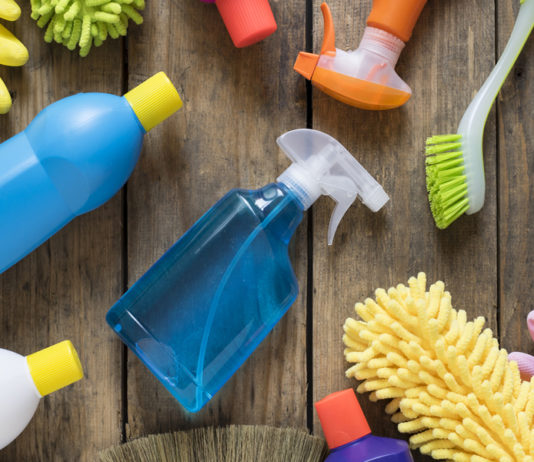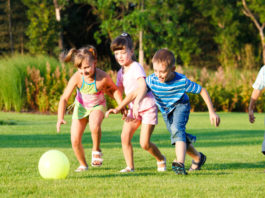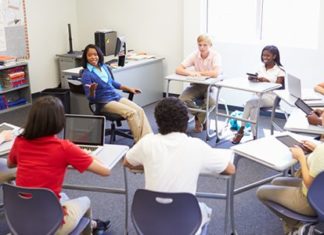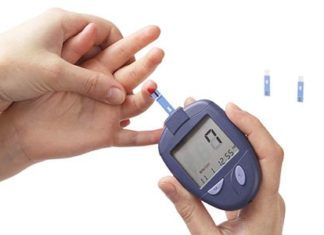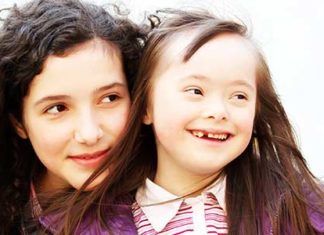Can "smartboards" make high school students smarter?
The age-old classroom biology experiment of dissecting a real frog can now be replaced with dissecting a virtual frog on an interactive whiteboard. But does this change to so-called "smartboard" technology in high schools...
Night driving restriction reduces young driver crashes
Restricting teenagers from driving unsupervised at night, and introducing strict penalties and other licensing requirements, could reduce crashes significantly, according to research.
Published in Health Affairs, the study by researchers from Monash University and Harvard...
A spoonful of parent interaction may help the medicine go down
The way parents interact with their chronically ill children could be the key to better treatment and better results.
Researchers from The University of Queensland’s Triple P – Positive Parenting Program believe parents can improve...
Did the alcopops tax do the trick in reducing alcohol related harm?
Hospital emergency department presentations for young people significantly decreased following the introduction of the alcopops tax in 2008, according to a new UNSW-led study published in the journal BMC Public Health.
The study is the...
Caring for kids with disabilities and difficult toileting behaviours
There is plenty of research telling us what most of us already suspected; that parents of children with disabilities are much more prone to stress, anxiety, depression and relationship strain than other parents.
We also...
Assistive technology can boost students’ learning outcomes
The learning outcomes of students with special needs in Western Australian classrooms could be boosted with the introduction of low-tech and high-tech assistive technology, including iPads, to deliver educational programs, according to Associate Professor...
Assistive technology can boost students' learning outcomes
The learning outcomes of students with special needs in Western Australian classrooms could be boosted with the introduction of low-tech and high-tech assistive technology, including iPads, to deliver educational programs, according to Associate Professor...
Mediterranean diet could reduce risks during pregnancy
Women who follow a Mediterranean-style diet in the years before becoming pregnant could face a significantly reduced risk of developing hypertensive disorders during pregnancy, new research from The University of Queensland (UQ) suggests.
UQ School...
Getting to the point of parents’ fears
University of Queensland researchers are hoping to get to the pointy end of parents’ fears about childhood vaccinations by conducting an Australia-wide survey.
A team from UQ’s Parenting and Family Support Centre is asking parents...
Tackling secondary school homelessness
A new study has found that community service groups and schools need to work more closely together to assist and prevent homelessness in secondary school youth.
The report, Couch Surfing Secondary Students: The Yarra Ranges...
- Advertisement -
Sign up to receive the latest parenting news, competitions, health information, baby/child/whole family recipes, play ideas, outings, personal stories and much more.


